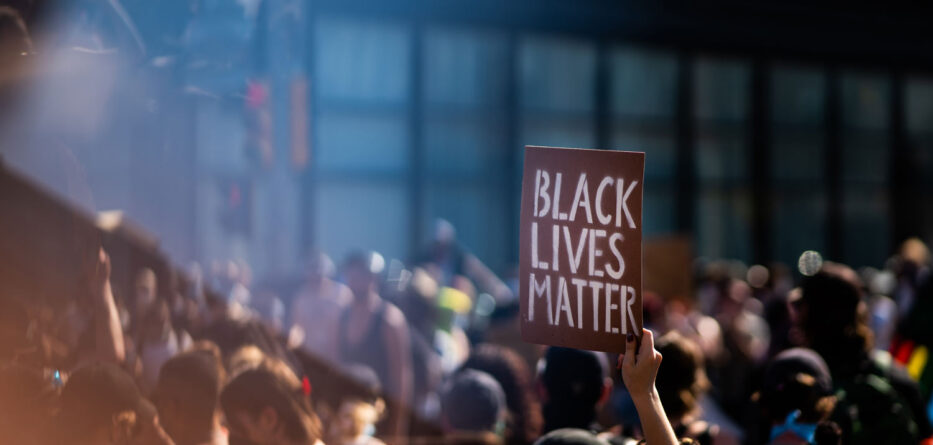DES MOINES, Iowa – The Kyle Rittenhouse verdict is fueling a variety of perspectives. One viewpoint is that it’s adding to what’s perceived as an increasingly hostile environment toward people who protest against systemic racism.
Rittenhouse, a white teen from Illinois, was found not guilty of murder charges in last year’s shooting of protesters in Wisconsin.
Critics of the verdict say it’s an example of the criminal justice system showing favoritism toward white people, while Black Lives Matter demonstrators in cities like Des Moines say they’ve been traumatized by police.
Veronica Fowler, communications director with the American Civil Liberties Union of Iowa, said the verdict underscores beliefs that law enforcement is choosing sides.
“That’s not the way it should work,” said Fowler. “We need a system of public safety that protects the lives of the entire community.”
The Rittenhouse trial followed moves by several states, including Iowa, to adopt laws that increase penalties for protesters and offer greater protections for police during civil unrest.
In passing Iowa’s law, supporters and Republican Gov. Kim Reynolds said police officers need all the help they can get when protests turn violent.
But Fowler contended most people who set out to protest are peaceful, and tension often escalates only after a large police presence is established.
“They are not violent protests until the police show up,” said Fowler. “The police, too often, are still using dangerous techniques.”
She suggested forceful action, such as using rubber bullets and tear gas, sets a tone that resonates with opposition groups like militias.
Other civil rights advocates fear the Rittenhouse verdict will embolden more vigilantism, especially in states with open-carry gun laws.
A recent Harvard review of Black Lives Matter protests in the U.S. found 96% involved no property damage or police injuries. The report says most of the violence was directed toward BLM protesters.






